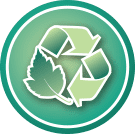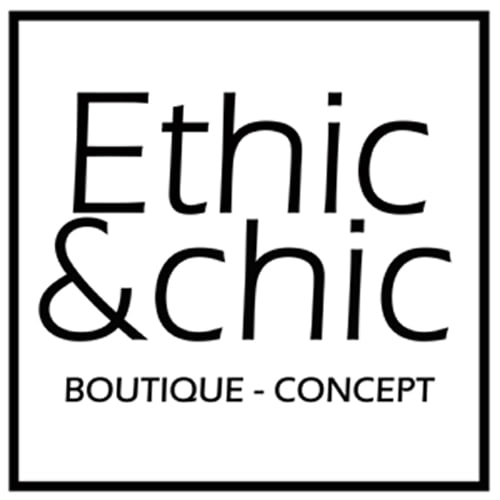
The Eco-value “Recycled Material” enables you to identify products that are manufactured from reused or recovered materials and are ecological by this mean.
Reuse or Recovered has two major ecological consequences:
- reducing the volume of waste, and therefore the pollution they cause (some materials take decades, even centuries to degrade, such as plastic bags);
- preservation of natural resources, since the recycled material is used instead of the one that should have been extract or produce again.
Two concepts of reusing / recovering: Recycling and Upcycling
Recycling is the action of recovering waste and reintroducing it, after treatment, into the production cycle.
Upcycling, recovery or repurpose of waste is a set of processes by which material waste or a product that appears useless is transformed into a new material or product of superior quality or utility.
What is the difference between Upcycling or Recycling?
In both cases, an object at the end of its life is recovered to make another object. But where recycling generates a process of chemical or other transformation, and thereby an expenditure of water, energy, etc., Upcycling does not chemically modify the materials, and is distinguished by a gain in value of the new product, the low cost of the operation and the diversion from its original function.
Upcycling for the Smateria brand: cleaned black plastic bags cut into strips then hand-crocheted, motorbike vinyl seats and leather offcuts from a furniture factory reused to make beautiful bags!
NEW!
As its name suggests, Angkor Bullet Jewelery makes brass jewelry from the molten metal of bullet and shell cartridges. This is another example of Upcycling to upgrade at a low cost a metal already extracted while creating a chic and quality product!
